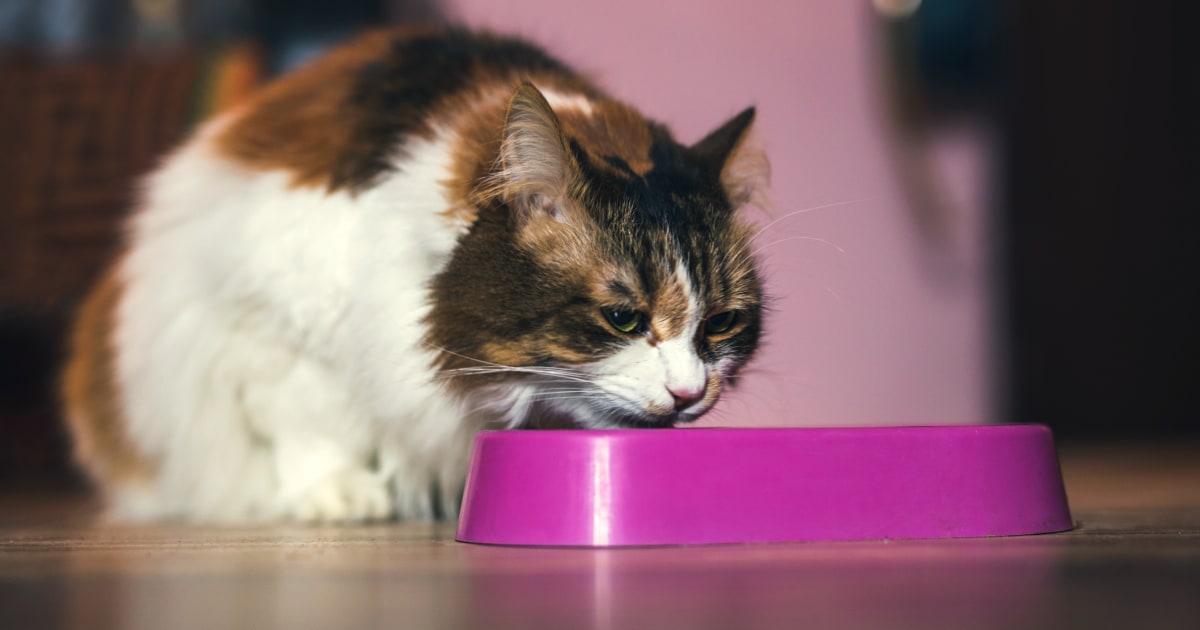A recent death of a cat in Oregon, linked to bird flu contamination in raw pet food, has triggered warnings from experts and public health officials about the risks associated with such diets. This incident has led to a recall of certain turkey-based products by Northwest Naturals, the pet food manufacturer, highlighting a growing concern over the safety of raw pet food.
The incident marks the first documented case of an indoor cat contracting the virus via contaminated raw food, raising alarm about previously unknown transmission vectors. While feline bird flu cases in the U.S. have been on the rise, mostly in outdoor cats, this incident indicates even indoor cats may be at risk.
Veterinary experts emphasize the danger of pathogens in raw meat and unpasteurized dairy. Unlike commercial pet foods which are heat-treated, raw products pose a risk of bacterial and viral contamination. Dr. Jane Sykes, a veterinary professor at UC Davis, points out that heat treatments like cooking and pasteurization help eliminate these risks, whereas freezing, used in some raw food preparation, preserves viruses, rather than removing them.
The situation has prompted investigations by the Food and Drug Administration (FDA), focusing on cases across multiple Western states linked to contaminated pet foods. The FDA has issued a warning against feeding raw foods sourced from potentially infected farms and recommends thorough cooking or pasteurization of such products. The agency is actively collaborating with state and federal partners to determine the full extent of the outbreak.
Adding to the concern, Los Angeles County recently reported multiple cases of bird flu in cats, some connected to recalled raw milk and one linked to the same raw pet food brand. These incidents, along with past occurrences, suggest the situation may be more widespread than currently recorded. Veterinarians suspect many cases go unreported due to the cost of testing, making the true scale of the problem difficult to assess.
Cats infected with bird flu may exhibit respiratory symptoms, quickly escalating to neurological signs like stumbling, seizures, or blindness. Experts urge pet owners to seek prompt veterinary care if they suspect any exposure, as early treatment, focusing on hydration and nutritional support can be vital. Experts also stress the importance of rabies vaccination as neurological signs associated with bird flu, can be mistaken for other diseases.
To safeguard feline health, experts recommend keeping cats indoors as much as possible and eliminating potential wild bird contact. Removing bird feeders is also advised, reducing the chance of exposure to infected wildlife. The focus remains on proactive measures to limit disease transmission.







